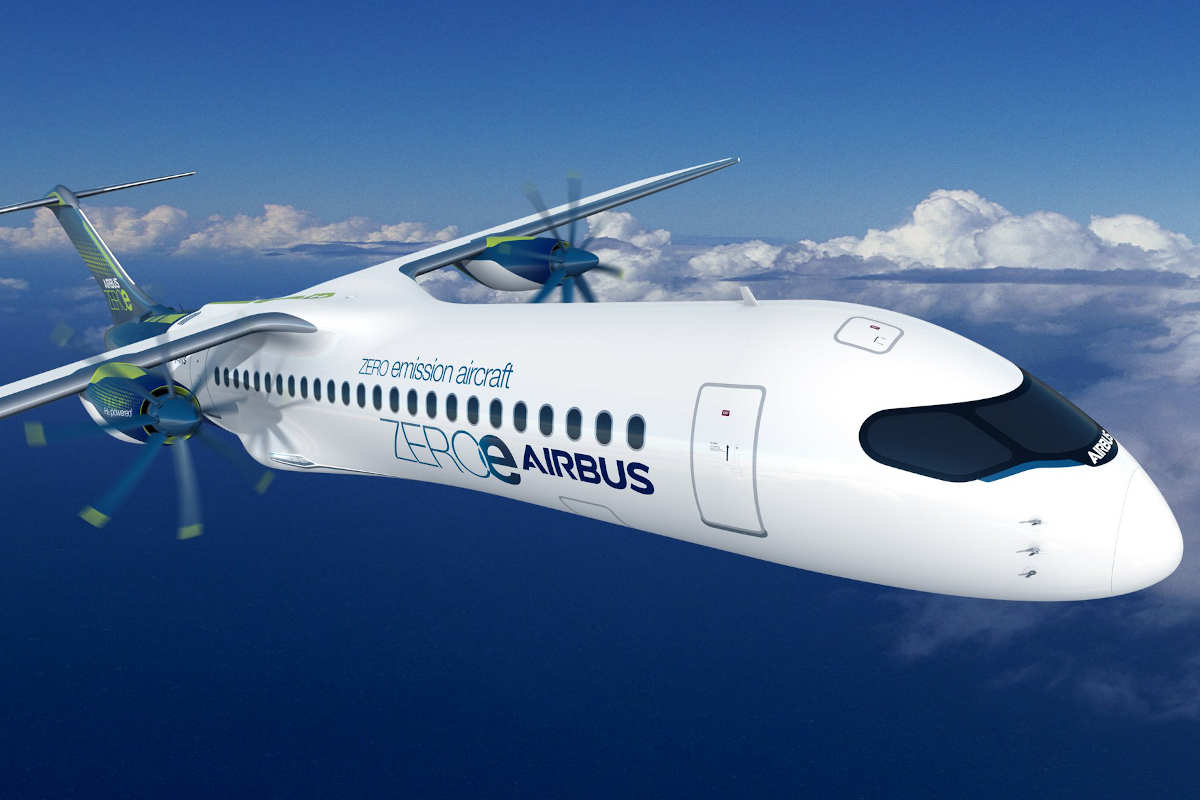Airlines have long wished to reduce their reliance on fossil fuels, but the absence of suitable substitutes has kept them in the uneasy connection that frequently has a negative impact on their financial performance and is derided by environmentalists and climate campaigners.
Despite recent improvements in engine and aircraft technology, aviation is still responsible for 2% to 3% of all emissions in the world.
Recently, Airbus announced intentions to build a new fleet of zero-emission aircraft with the goal of developing a more sustainable aviation sector. The manufacturer claims that in as little as 15 years, its revolutionary hydrogen-powered aircraft might start to take the place of fossil fuel guzzlers in the skies.
Since biofuel, including sustainable aviation fuel, is not widely available on the market, efforts to increase sustainability in aviation have mostly run into obstacles. Currently, only a few airports provide alternatives to kerosene-based jet fuels, which call for additional infrastructure and airline agreements to use the fuel.





